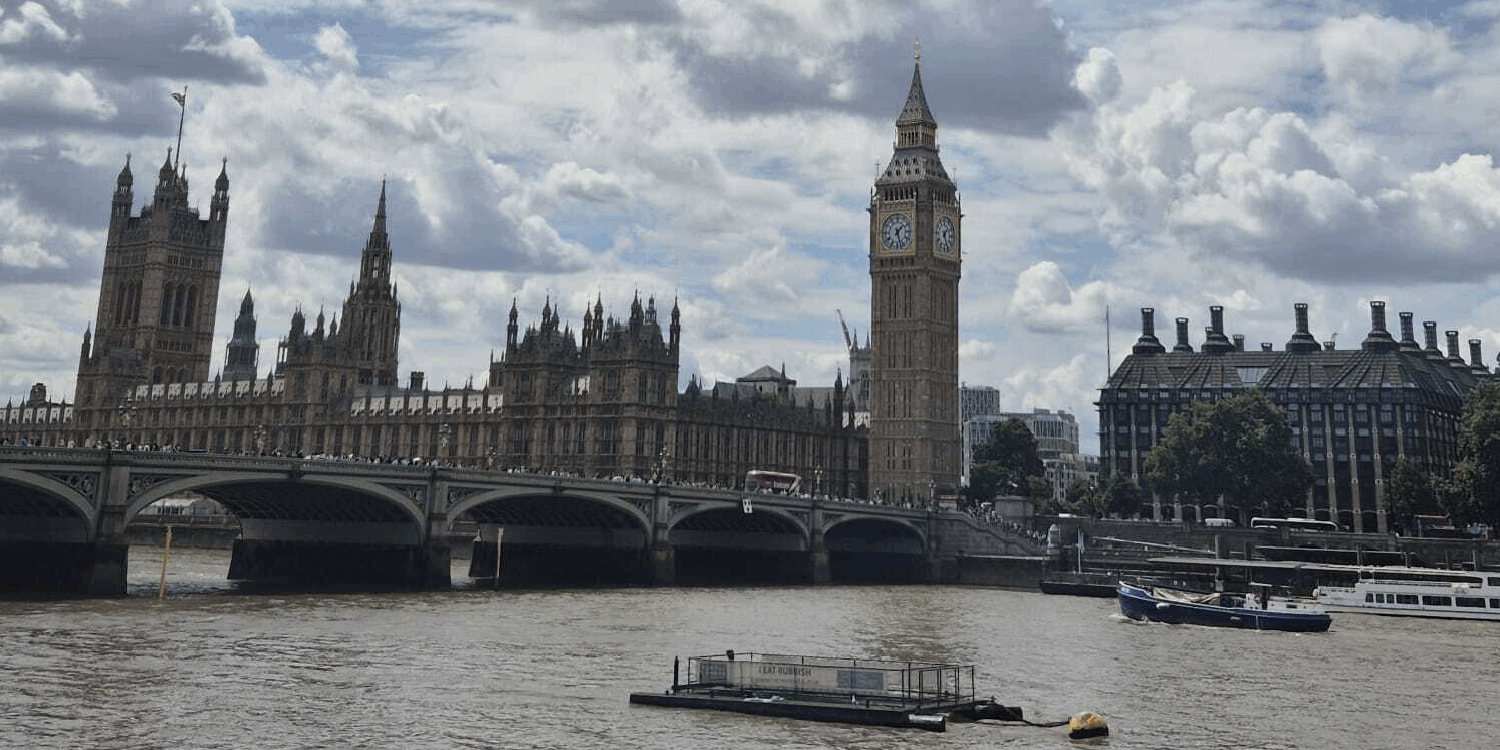Emily Fisher
This week, 23rd– 30th July marks 42 years since the events of Black July, a significant and violent period in Sri Lanka’s history. Following the horrific killing of 13 Sinhalese soldiers in Jaffna in 1983 widespread violence broke out, particularly targeting Tamil communities. These events have left a lasting impact on the inter-communal relations and on the approach to transitional justice in Sri Lanka.
This year, the anniversary coincides with renewed international interest on several mass grave sites across the country. At the Kokkuthoduvai site the identification of human remains is still pending, while excavation at Chemmani is ongoing. So far, the remains of 104 individuals, reportedly including multiple children, have been identified. The site is believed to be part of the original Chemmani mass grave, first excavated in 1996, where only 15 bodies were uncovered despite reports suggesting the presence of up to 400 individuals. Meanwhile, a fresh court order has also been issued on the Kurukkalmadam site, almost 10 years after the initial instruction. These developments have created a surge of renewed attention from international actors and media concerned with accountability and treatment of missing persons, the forcibly disappeared and atrocity.
Earlier this month, during his visit to Sri Lanka, Volker Turk (UN High Commissioner for Human Rights), visited the Chemmani site and met with victims’ organisations and civil society actors. Some of these groups have maintained over 3000 days of peaceful protest regarding missing persons and enforced disappearance, and the subsequent lack of search and identification. While international offers of overseeing have been made in the past, much to the frustration of survivors, they have generally been declined. The coming months will be of interest in observing whether there is greater openness to international assistance for forensic best practice, and whether any directives given on the basis of this visit are acted upon.
In the UK, home to third-largest Tamil diaspora population, there has also been a growing parliamentary interest in mass grave investigations and excavations in Sri Lanka. MPs including Catherine West, Sarah Champion, Siobhain McDonagh and Sammy Wilson have raised concerns about capacity for current excavations and their alignment with international human rights standards, with David Lammy even noting that the UK government had offered direct assistance to its Sri Lankan counterparts, although in what capacity the assistance was offered remains unknown. Uma Kumaran an MP who has taken an active, and vested, interest in these proceedings has also called for further engagement. It was through her office, that MaGPIE were invited to provide information regarding our work, contributions that could potentially inform and encourage the UK government to support rights-informed and legally compliant mass grave investigations in Sri Lanka, and and ultimately, wherever possible, the identification and safe return of remains to loved ones who are still agonisingly waiting.

